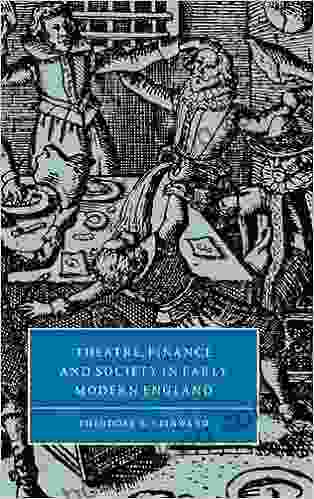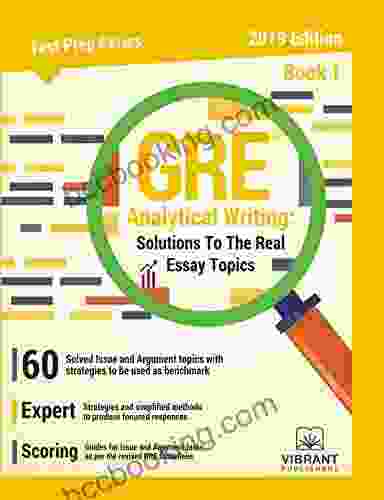Theatre Finance and Society in Early Modern England: A Comprehensive Exploration

The vibrant theatre scene of early modern England was a testament to the era's cultural exuberance and social complexity. Behind the dazzling performances and captivating plays lay a intricate web of financial transactions and social interactions that shaped the very nature of theatre. In "Theatre Finance and Society in Early Modern England," a groundbreaking study from Cambridge Studies, scholars delve deeply into the economic and social foundations of this remarkable era in theatre history.
5 out of 5
| Language | : | English |
| File size | : | 3258 KB |
| Text-to-Speech | : | Enabled |
| Word Wise | : | Enabled |
| Print length | : | 214 pages |
| Lending | : | Enabled |
Patronage: The Lifeblood of Theatre
Patronage was the lifeblood of early modern theatre. Wealthy individuals, such as noblemen, merchants, and guilds, provided financial support to playhouses and acting companies. In return, patrons enjoyed exclusive seating, dedicated performances, and the prestige associated with being associated with the arts.
The relationship between patrons and theatre practitioners was complex and multifaceted. Patrons exerted significant influence over the choice of plays, the casting of actors, and the overall direction of theatre companies. Playwrights and actors, in turn, sought to please their patrons by catering to their tastes and interests.
Business and Profit: The Economics of Theatre
Theatre companies were essentially businesses that sought to turn a profit. They charged admission fees, sold refreshments, and relied on the generosity of patrons. In Free Download to survive, companies had to carefully manage their finances, balancing expenses with income.
The economics of theatre were influenced by a variety of factors, including the popularity of plays, the size of audiences, and the costs of production. Successful companies could generate substantial profits, but the business was also notoriously risky. Many companies failed after a few seasons, unable to sustain their expenses or attract enough patrons.
Actors and Playwrights: The Human Element
At the heart of theatre finance and society were the actors and playwrights who brought plays to life. While some actors achieved fame and fortune, most lived modest lives, struggling to make ends meet. The profession was characterized by long hours, demanding rehearsals, and uncertain employment.
Playwrights, too, faced challenges. They were often at the mercy of patrons and theatre companies, who could dictate the content and style of their plays. Despite these challenges, some playwrights, such as William Shakespeare, achieved enduring success and left an indelible mark on English literature.
Social Impact: Theatre as a Mirror of Society
Theatre in early modern England played a significant social role. It reflected the values, beliefs, and anxieties of the era. Plays explored themes of love, power, justice, and the human condition. They entertained audiences, but also challenged them to think critically about their society.
Theatre also provided a space for social commentary and political satire. Playwrights used their works to criticize the government, the church, and other institutions. This made theatre a potential source of controversy and even persecution.
"Theatre Finance and Society in Early Modern England" offers a comprehensive and fascinating account of the financial and social underpinnings of one of the most vibrant periods in theatre history. By examining the complex interplay between patronage, business, actors, playwrights, and society, this study sheds new light on the enduring legacy of early modern theatre.
Whether you are a scholar, a theatre enthusiast, or simply someone interested in the cultural history of England, "Theatre Finance and Society in Early Modern England" is an essential read. It is a captivating exploration of the intricate web that connected theatre, society, and the pursuit of profit in one of the most transformative eras in human history.
5 out of 5
| Language | : | English |
| File size | : | 3258 KB |
| Text-to-Speech | : | Enabled |
| Word Wise | : | Enabled |
| Print length | : | 214 pages |
| Lending | : | Enabled |
Do you want to contribute by writing guest posts on this blog?
Please contact us and send us a resume of previous articles that you have written.
 Book
Book Novel
Novel Page
Page Chapter
Chapter Text
Text Story
Story Genre
Genre Reader
Reader Library
Library Paperback
Paperback E-book
E-book Magazine
Magazine Newspaper
Newspaper Paragraph
Paragraph Sentence
Sentence Bookmark
Bookmark Shelf
Shelf Glossary
Glossary Bibliography
Bibliography Foreword
Foreword Preface
Preface Synopsis
Synopsis Annotation
Annotation Footnote
Footnote Manuscript
Manuscript Scroll
Scroll Codex
Codex Tome
Tome Bestseller
Bestseller Classics
Classics Library card
Library card Narrative
Narrative Biography
Biography Autobiography
Autobiography Memoir
Memoir Reference
Reference Encyclopedia
Encyclopedia Steven Hassan
Steven Hassan Veronica Li
Veronica Li Stacy Gregg
Stacy Gregg Matt Brown
Matt Brown Sherryl Woods
Sherryl Woods Warwick Deeping
Warwick Deeping Keiko Ishihara
Keiko Ishihara Io Sakisaka
Io Sakisaka Theodore Dwight Weld
Theodore Dwight Weld Suzanne Ferriss
Suzanne Ferriss Sue Prideaux
Sue Prideaux Timothy Malcolm
Timothy Malcolm Naima Simone
Naima Simone Scott Eblin
Scott Eblin The Mountaineers
The Mountaineers Scott O Morton
Scott O Morton Marie Benedict
Marie Benedict T J English
T J English Molly Potter
Molly Potter Susan Goldenberg
Susan Goldenberg
Light bulbAdvertise smarter! Our strategic ad space ensures maximum exposure. Reserve your spot today!
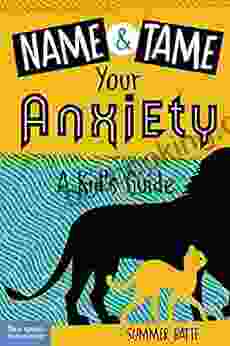
 Darius CoxConquer Your Inner Demons with "Name and Tame Your Anxiety": A Revolutionary...
Darius CoxConquer Your Inner Demons with "Name and Tame Your Anxiety": A Revolutionary... Gage HayesFollow ·9.5k
Gage HayesFollow ·9.5k Felix HayesFollow ·19.9k
Felix HayesFollow ·19.9k Evan SimmonsFollow ·9.7k
Evan SimmonsFollow ·9.7k Vince HayesFollow ·9.2k
Vince HayesFollow ·9.2k Cormac McCarthyFollow ·7.8k
Cormac McCarthyFollow ·7.8k Mikhail BulgakovFollow ·19.3k
Mikhail BulgakovFollow ·19.3k Sammy PowellFollow ·14.9k
Sammy PowellFollow ·14.9k Esteban CoxFollow ·5.5k
Esteban CoxFollow ·5.5k

 Amir Simmons
Amir SimmonsImmerse Yourself in the Enchanting Realm of Nora Roberts'...
Prepare to be captivated by...
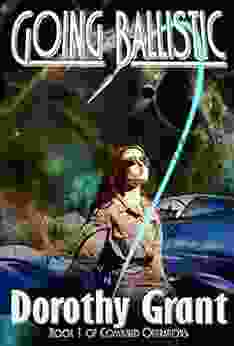
 Dan Henderson
Dan HendersonUnleash the Explosive Action of Going Ballistic Combined...
Prepare for an...
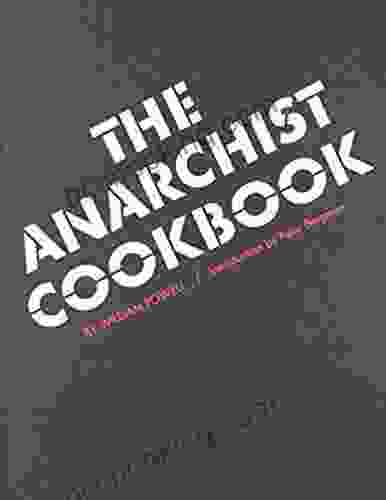
 Jeffery Bell
Jeffery BellDiscover the Controversial and Captivating "The Anarchist...
In the realm of literature, there are...
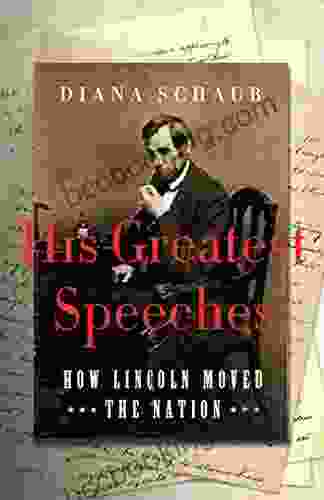
 Ryan Foster
Ryan FosterUnveiling Lincoln's Eloquence: How His Greatest Speeches...
In the annals of American...

 Jaime Mitchell
Jaime MitchellLove Radio Vinny Berry: A Journey of Heartbreak, Healing,...
Vinny Berry's...
5 out of 5
| Language | : | English |
| File size | : | 3258 KB |
| Text-to-Speech | : | Enabled |
| Word Wise | : | Enabled |
| Print length | : | 214 pages |
| Lending | : | Enabled |


